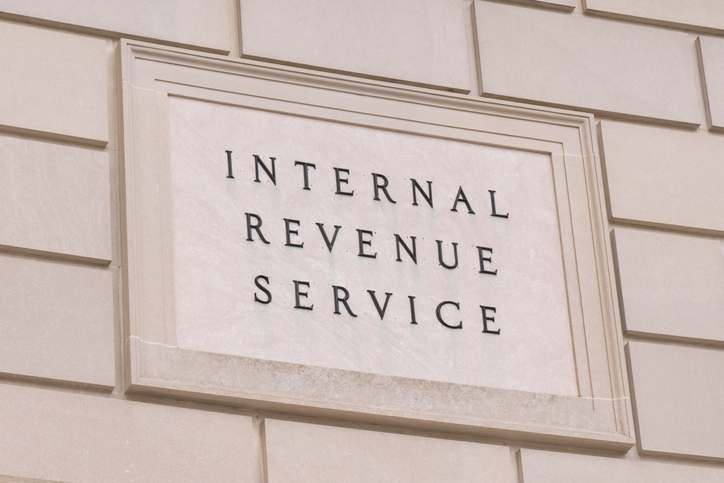The IRS has released finalized PFIC regulations as well as proposed new regulations which relate to the modification of PFIC rules. A few years ago the IRS issued temporary rules regarding ownership of Passive Foreign Investment Companies (PFIC) and how shareholders in these companies would be taxed. The IRS has finalized PFIC regulations based upon those temporary rules with a few modifications.
The new PFIC regulations apply a “top-down” approach to determine and attribute ownership of a PFIC related stock by a US taxpayer through all tiers of ownership structures. This new development replaces previous regulations which only applied to structures involving pass-through entities. The new update expands PFIC taxation to encompass all ownership structures, including corporations.
The new IRS finalized PFIC regulations stipulate a foreign corporation is considered to be a PFIC if 75% or more of its gross income is considered to be “passive” and at least 50% of its assets produce passive income (or are held with the expectation of delivering passive income). US taxpayers who have ownership in a PFIC and receive either a distribution from the corporation or realize a gain as a result of PFIC ownership are faced with special taxes and interest charges. PFIC shareholders must file Form 8621 (an informational form) that discloses their PFIC investments and activities.
The recent publication clarifies the definition of a “shareholder” as well as how and when a US taxpayer will be taxed as an indirect owner of stock in a foreign corporation through a US corporation. The new rules stipulate that a “US person” will not be considered to be a PFIC shareholder based upon the ownership of PFIC stock through a tax-exempt entity.
IRS finalized PFIC regulations have introduced a “nonduplication rule” to clarify specific language in the temporary regulations that could have been interpreted to assess the “same” ownership interest across multiple US persons of the same stock of a fund under Section 1291 of the IRC. The IRS will determine the interest held in a foreign corporation that is not a PFIC by assuming that anyone who owns 50% or more of the stock of a US corporation will be considered to own the same proportional percentage of any stock directly or indirectly held by that US corporation.
The IRS finalized PFIC regulations will affect a larger group of US taxpayers with offshore interests. US taxpayers with offshore investments must understand the ramifications of foreign holdings and their taxation.
PFIC calculations maximize the amount of tax applied to a foreign passive investment at the highest percentage of tax in IRS tax tables (currently more than 39%). The IRS has indiscriminately (and incorrectly) applied this percentage to other assets in the portfolio of Allen Barron clients.
We stand up to the IRS and keep our clients informed of their tax exposures while providing the protections of the attorney-client privilege. If you have ownership in a foreign mutual fund or a foreign trust, partnership or corporation your tax return will require expert preparation to reduce your exposures. We invite you to learn more about the integrated tax, legal, accounting and business consulting services of Allen Barron and contact us or call today to schedule a free consultation at 866-631-3470.





